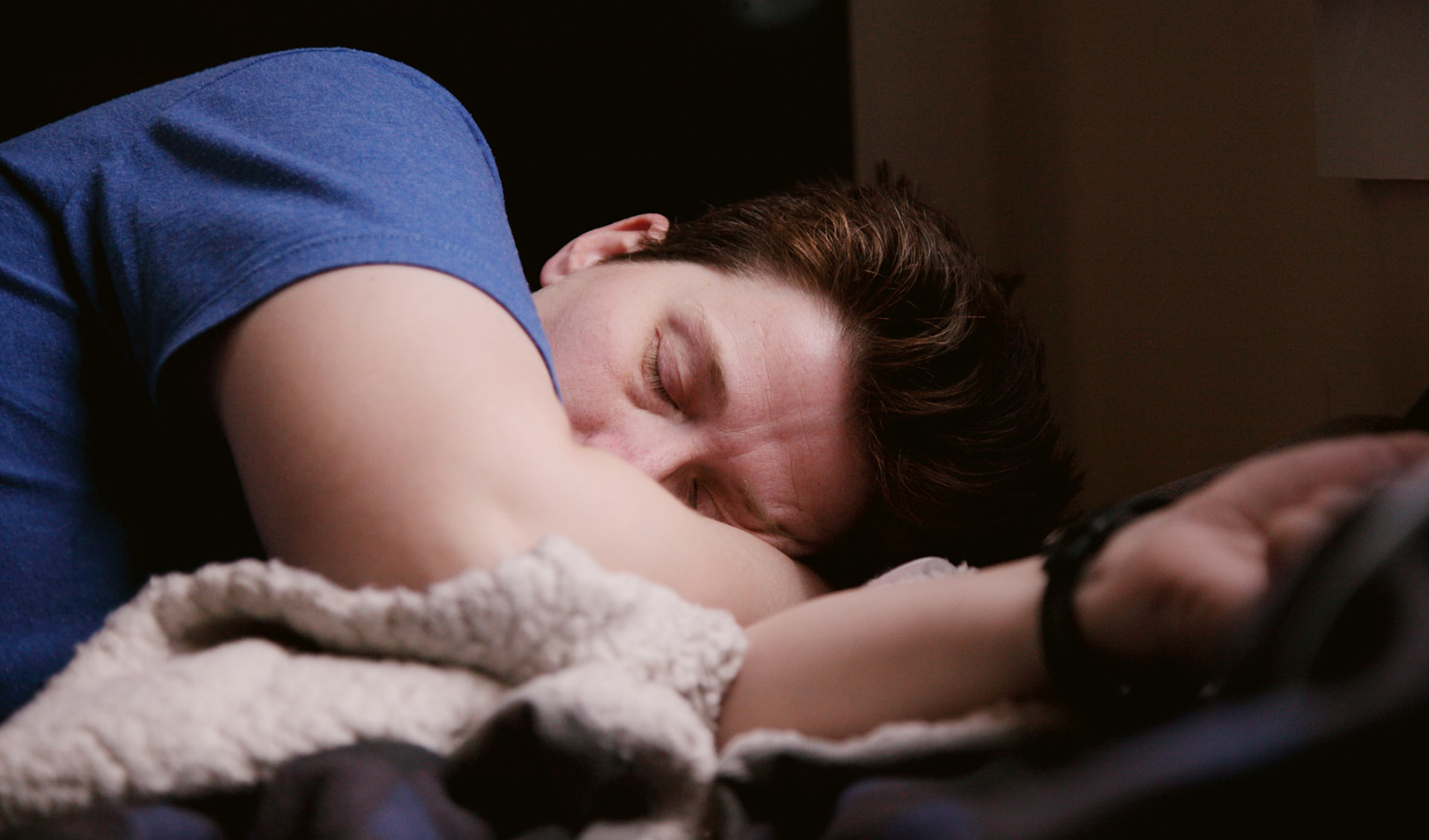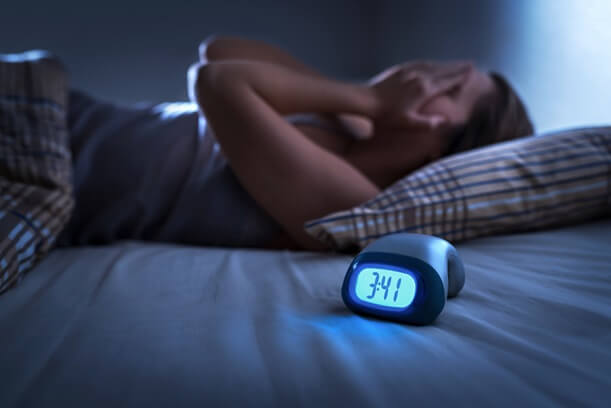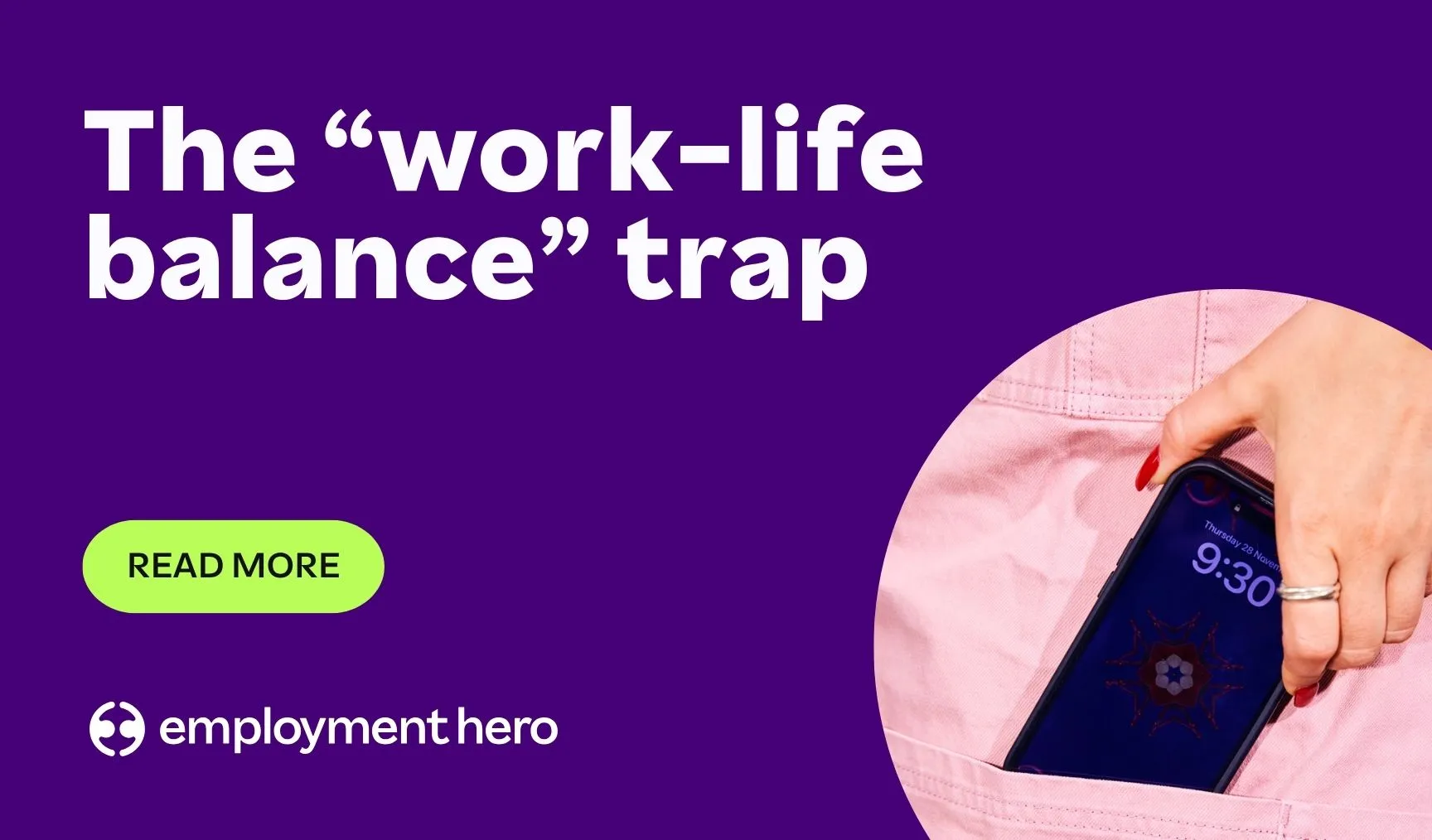How to Improve Your Quality of Sleep
A poor night’s sleep can be mentally and physically debilitating, but you can use these tips to kickstart your journey to improve your quality of sleep.

Contents
You can’t put a price on a good night’s sleep, yet with everything that’s been going on, you may have noticed that the quality of your sleep has been impacted.
For many of us, lockdowns have shaken up our daily routines quite drastically. But if that wasn’t enough, now that we are getting back into our post-lockdown lives, many of us return to early office commutes or try to make up for the lost time socialising, we confuse our bodies again, and our sleep is taking a toll.
On top of the pandemic-related pressures, there are also a lot of misconceptions that to be highly successful, you must be some superhuman who only needs three hours of sleep.
However, the likes of Jeff Bezos and Bill Gates have built their fortunes without sacrificing their seven to eight hours of sleep per night. But for some, this may not be so easy.
Understanding the basics of sleeping
Sleep is an extremely important aspect of our lives, but many of us don’t pay much attention to it until it becomes an issue.
Just like we prioritise eating and exercising, it’s important that we do the same for sleep. We are all creatures of habit and routine. By making sleep a priority in your schedule, you can reduce your risk of sleep deprivation, which can affect, both your cognitive and physical abilities, as well as lead to more serious issues like insomnia.
The issue with insomnia
Insomnia impacts around one third of Australians at some point in their lives. It’s a vicious cycle that can impact energy levels, mood, physical health and your performance at work. How much sleep we need can vary from person to person, but most adults need seven to nine hours a night.
Symptoms of insomnia can include difficulty falling asleep, waking up in the middle of the night, as well as ongoing worries about sleep.
Why is sleep so important?
Scientists are beginning to understand more about sleep and why we need it. One study revealed that sleep deprivation could affect our cognitive behaviour and our ability to perform simple daily tasks – which explains why our mind is unaware and runs on auto-pilot when we’re tired.
Meanwhile, researchers at Boston University in Massachusetts found that while we sleep, there is a fluid known as ‘cerebrospinal fluid’ that runs through our brain and spinal cord to help the brain clear up accumulated metabolic waste.
Insufficient sleep affects our physical health too, inhibiting our immune system and metabolic function.
According to Michael S. Jaffee, a neurologist at the University of Florida, “studies have shown that adults who were short sleepers, or those who got less than seven hours in 24 hours, were more likely to report 10 chronic health conditions, including heart disease, diabetes, obesity, asthma and depression, compared to those who got enough sleep, that is, seven or more hours in a 24-hour period.”
9 Tips to improve sleep
The good news is that it’s possible to improve the quality of our sleep.
Let’s unpack some of the helpful tips to help you mitigate, or at least manage, your sleep routine issues.
1. The bedroom is for sleeping
The first tip is simple — the bedroom is for sleeping. Only get into bed if you’re tired, even if you’ll only get four hours of sleep.
Having a nighttime routine can help you unwind and signal to your brain that it’s time for a good ‘ol snooze. But that doesn’t mean spending long periods of time doing things like reading, watching TV, following up on emails or working in your bed.
Keeping these sorts of materials out of the bedroom will help strengthen your brain’s association between your bedroom and sleep.
As humans, we learn by association. An easy example is to look at how our brains learn to associate food with certain hours of the day. If you eat at the same time each day, your body will then learn to release digestive enzymes and send signals to the saliva glands to prepare itself for food.
Sleep works much the same. If we only get into bed to go to sleep, our brains will learn to develop a similar association and release the right chemicals so we can get some shut-eye.
2. If you can’t get to sleep after 20 minutes, get up
If you’re following step one, this shouldn’t be too hard. If you can’t fall asleep after 20 minutes, get out of bed and go do something else until you start to feel sleepy.
Just don’t do anything stimulating like watching TV or scrolling through your newsfeed. Screen time will only make it harder for your brain to produce the sleep hormone melatonin.
Instead, try reading a book in a comfortable area outside your bedroom or taking a bath. Lying awake for too long can further impact our brain’s association as discussed in strategy one.
3. Develop a routine
Do your body clock a favour and try to go to bed and get up at the same time each day. Sticking to a schedule regulates your body’s clock to help you fall asleep and remain asleep throughout the night.
4. Eat to sleep
Tryptophan, an essential amino acid, helps us produce melatonin, the hormone responsible for making us feel sleepy. B vitamins and magnesium improve the bio-availability to tryptophan. Sleep-boosting foods such as nuts, sardines and dairy are high in all three – B vitamins, magnesium and tryptophan.
Sophie Medlin, a lecturer in Nutrition and Dietetics at King’s College in London, suggests snacking on tryptophan-promoting foods like skimmed milk, a small banana or a few nuts before bed if you’re having trouble drifting off.
“It takes around an hour for the tryptophan in foods to reach the brain, so don’t wait until just before bedtime to have your snack,” she notes.
Try to avoid eating large meals 2-3 hours before going to bed. Instead, try a light snack 45 minutes before bed if you are still hungry. This allows enough time for your body to digest the food
5. Go caffeine free
Avoid stimulants like caffeine late in the day.
Herbal tea is your friend – sip on a cup of chamomile or peppermint after dinner.
6. Don’t count how many hours of sleep you’re getting
We’ve all been guilty of watching those precious hours of sleep go down. Yet when has this countdown done anything but make you more anxious about falling asleep? The answer is never.
The more we focus on falling asleep, the less likely it’s going to happen. To reduce this temptation, try removing clocks from the bedroom. And if you need to use an alarm, make sure you can’t see the time from your bed.

Source: Penn Medicine
7. Make time to get out and see the light
Working to improve your quality of sleep doesn’t just start at nighttime. You have to also think about the pregame steps you can take earlier in the day that will help you drift off later on. This includes taking the time to go outside and expose yourself to light.
Whether it be for exercise or just to get some fresh air, there’s been evidence that shows a correlation between sunlight and sleep.
Natural light has always been a powerful guide for our body clocks. Light rays influence chemistry that keeps us in sync with our day-to-night cycles, including metabolism, body temperature and going to sleep.
Like most things sleep-related, the importance of sunlight and sleep lies in the signals that it sends to our brain. Exposure to sunlight is linked to increasing the level of serotonin released into our bodies, which is the hormone associated with improved moods, as well as higher levels of focus.
Darker light is linked to triggering the release of melatonin, the hormone that tells your body it’s time to sleep.
An easy way to fit in your sun exposure can be as simple as keeping blinds open during the day or enjoying your morning coffee outside. If you want to take it one step further, go for a walk during the day. Consider deskersicing if you have a full work schedule.
By planning ahead, you’ll be able to improve your quality of sleep from the moment you wake up.
8. Ditch the devices
Smartphones and tablets emit blue light that suppresses melatonin production and disrupts our sleep patterns. It’s a good idea to avoid using devices for at least 30 minutes before you go to bed at night.
Arianna Huffington, media entrepreneur and author of The Sleep Revolution, recommends banning devices entirely from the bedroom.
9. Resist the urge to nap
As hard as this may be, try to resist the urge to nap for more than 20 minutes, even if you’ve had a sleepless night.
There are benefits to napping, such as increased alertness, enhanced reaction time, as well as a general sense of feeling rejuvenated. However, if you’re already having a tough time falling asleep, naps probably aren’t the best idea for you.
Napping for longer than 20 minutes can end up leaving you with sleep inertia — that groggy, disoriented feeling you get after waking up from a deep sleep. This can last longer if you’re sleep-deprived and end up making you feel worse than you did before.
But if your body is telling you that it needs to rest, listen to it. Just aim to nap before 3 pm and remember to set an alarm. This way, you’re least likely to interfere with your body’s routine and overall quality of sleep later on in the night.
The Bottom Line
Improving your quality of sleep isn’t something you can do overnight (no pun intended). Like most healthy habits we incorporate into our lives, you’ll need to commit to a routine. So be patient with yourself, and remember that practice makes perfect.
A poor night’s sleep can be mentally and physically debilitating, impacting both your world at home and at work. Hence, getting enough rest should be a priority. If you’re finding that lack of sleep is becoming a serious issue, speaking to a medical practitioner may be the best option for you.
The Australian Sleep Association has their own sleep services directory, or simply reach out to your GP to kickstart your journey to improve your quality of sleep.
Related Resources
-
 Read more: The ‘work-life balance’ trap: Why promising it is hurting your SME recruitment (and what to promise instead)
Read more: The ‘work-life balance’ trap: Why promising it is hurting your SME recruitment (and what to promise instead)The ‘work-life balance’ trap: Why promising it is hurting your SME recruitment (and what to promise instead)
For growing SMEs, work-life integration is a sustainable way to support your team and attract top talent. Explore how your…
-
 Read more: Job ad guide: How to attract top candidates
Read more: Job ad guide: How to attract top candidatesJob ad guide: How to attract top candidates
Looking to hire your perfect match? The way you pitch your open role can be the difference between landing or…
-
 Read more: Employment Hero and CommBank to provide businesses with discounted HR, payroll and benefits support following EOFY
Read more: Employment Hero and CommBank to provide businesses with discounted HR, payroll and benefits support following EOFYEmployment Hero and CommBank to provide businesses with discounted HR, payroll and benefits support following EOFY
Eligible CommBank Yello for Business customers will get the first 3 months free on any Employment Operating System subscription with…





















